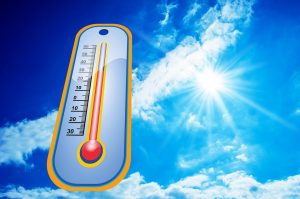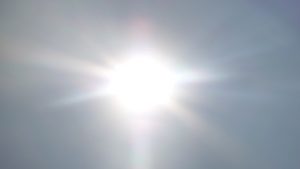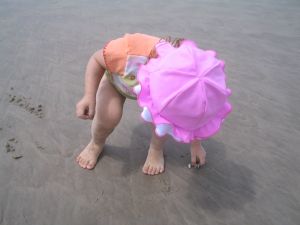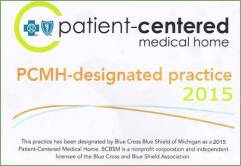Warmer weather. Longer nights. Sprinklers running. Summer delight!
Yes, summer is in full action and you know what that means? Fun, fun, and more fun! But, let’s not forget how important staying healthy is, especially during this season. Now is a better time than ever to start improving your health. Most of us understand how important using sunscreen is. There are some other not so obvious things to be aware of as well. Here are a few helpful healthy tips to help you with them this summer:
- Give yourself a berry boost: You’d be surprised how much energy you can obtain just by eating a bowl of mixed berries.
 Imagine how much of a difference it would make to your health if you were to do it every day. Berries, such as strawberries, blueberries, blackberries and raspberries, helps keep your cholesterol down. It is said that it can even possibly prevent some cancers. Another plus to eating berries is that it has a lot of antioxidants in them, which helps to reduce age-related illnesses and prevent damage to tissues.
Imagine how much of a difference it would make to your health if you were to do it every day. Berries, such as strawberries, blueberries, blackberries and raspberries, helps keep your cholesterol down. It is said that it can even possibly prevent some cancers. Another plus to eating berries is that it has a lot of antioxidants in them, which helps to reduce age-related illnesses and prevent damage to tissues. - Floss daily: We know, who wants to floss? And every day, at that? However, flossing reduces oral bacteria, which ultimately improves your overall body health and provides more resources to fight off bacteria everywhere else. Cool, right? You’ll definitely be ahead of 85% of other people in the world. And don’t forget to brush your gums, tongue, cheeks and the roof of your mouth as well. Keep it all clean!
- Take care of your eyes: We all get excited when we see an ounce of sunlight creeping through the blinds. We can’t help that we love warmer weather! But, as much as we enjoy the summer’s heat, we have to be mindful of our eyes. Wearing sunglasses help to block out at least 99% of UV rays and can prevent getting wrinkles around the eyes as well as cataracts.
- Get some rest: Sleeping is so vital. Sometimes, we get so carried away and forget how crucial it is. Getting a good night’s rest each night and sticking with a consistent sleep routine helps improve your sleep hygiene. Resist the urge to stay up longer than what you’re used to, just because it isn’t dark outside yet.
These are a few simple ways to help your immune system and improve your health this summer. Give them a try! If you’re in the Livonia, Westland, Garden City or Dearborn area and are looking for a new doctor to check out your health this summer, please do not hesitate to contact us. We use the latest equipment and methods to perform diagnostic testing at our medical clinics.









